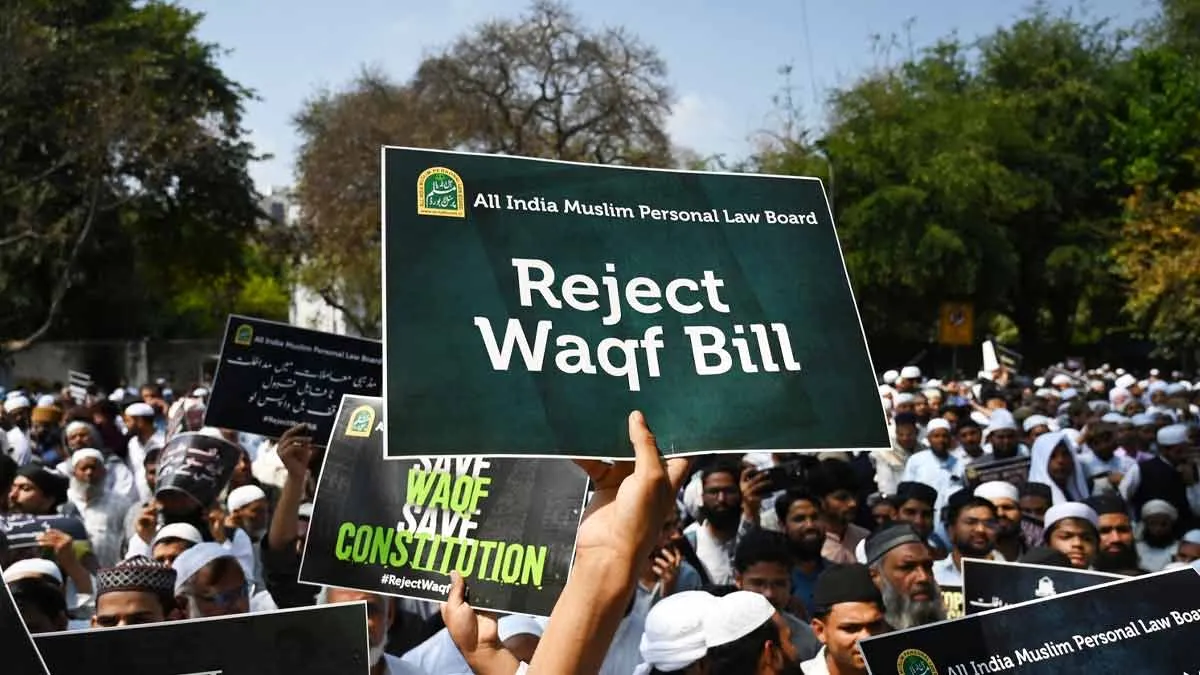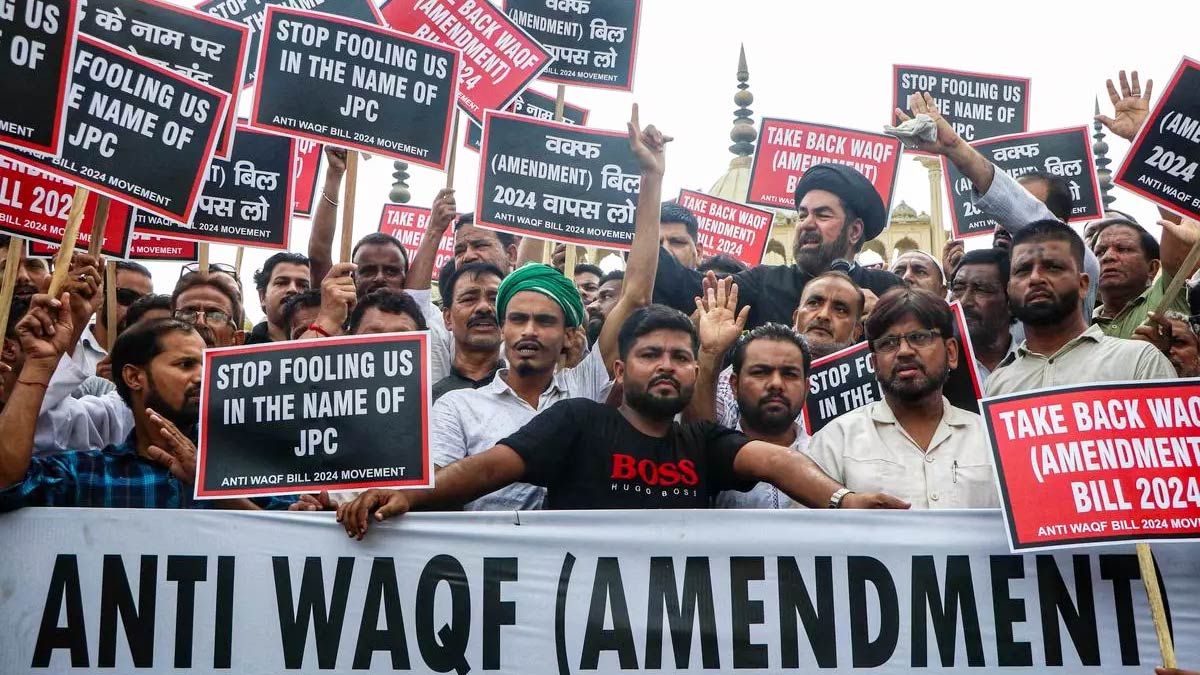
What Is The Waqf Bill? Everything You Need To Know
The government is set to reintroduce the Waqf (Amendment) Bill, 2024, in Parliament on April 2, 2025. This Bill seeks to amend the Waqf Act, 1995, which oversees the administration of Waqf properties in India. The proposed amendments introduce significant changes that expand the government’s role in regulating these properties and resolving related disputes.
Initially introduced in August 2024, the Bill was sent to a parliamentary panel led by BJP MP Jagdambika Pal for review. On February 27, 2025, the panel approved 14 amendments in a 15-11 vote, with all changes proposed by BJP members or their National Democratic Alliance (NDA) allies. Below, we explore the key aspects of the Waqf Bill and why it has sparked controversy.
What Is The Waqf Bill?
Waqf refers to properties designated exclusively for religious or charitable purposes under Islamic law, with their sale or use for other purposes strictly prohibited. According to the Press Information Bureau (PIB), the government claims that the Waqf (Amendment) Bill, 2024, aims to enhance the administration and management of Waqf properties across India.

The proposed amendments seek to address loopholes in the existing Waqf Act, 1995, by renaming the Act, redefining Waqf, improving property registration, and integrating technology into Waqf record management. The government asserts that these changes will boost the efficiency of Waqf boards.
Don't Miss: ‘Virginity Test Cannot Be Imposed On Women, Violates Fundamental Rights,’ Says Chhattisgarh High Court
However, opposition parties have strongly criticised the Bill, calling it unconstitutional and detrimental to the welfare of the Muslim community. Several major Muslim organisations have also launched campaigns against it, opposing its provisions.
The management of Waqf properties in India is currently regulated by the Waqf Act, 1995, which is enacted and overseen by the Central Government. The key administrative bodies responsible for Waqf governance include:
1
2
3
4
- Central Waqf Council (CWC) – Provides policy advice to the government and State Waqf Boards (SWBs) but does not have direct control over Waqf properties.
- State Waqf Boards (SWBs) – Oversee management, protection, and administration of Waqf properties within their respective states.
- Waqf Tribunals – Serve as exclusive judicial bodies dedicated to resolving disputes and legal matters related to Waqf properties.
Why Is The Waqf Bill Controversial?
One of the most controversial provisions in the Waqf (Amendment) Bill 2024 involves changes to the composition of the Central Waqf Council and State Waqf Boards, making it mandatory to include non-Muslim members. Another point of contention is the authority to determine Waqf ownership in disputed cases, which will now rest with a senior state government official. In the Bill’s original draft, before review by the Joint Parliamentary Committee (JPC), this power was assigned to the District Collector as the final authority.

Don't Miss: Marriage Doesn’t Mean Ownership: Allahabad HC Slams Man For Uploading Wife’s Intimate Video
Additional provisions that have sparked opposition include:
- Eliminating the ‘Waqf by user’ clause, which previously allowed land used for religious purposes to be considered Waqf over time.
- Mandatory registration of all Waqf properties in a centralised database within six months of the law’s enactment.
- Removing the finality of tribunal decisions, potentially opening the door for further government intervention in Waqf-related disputes.
Keep reading Herzindagi for more such stories.
Credits: Freepik/Twitter
Also watch this video
Herzindagi video
1
2
3
4